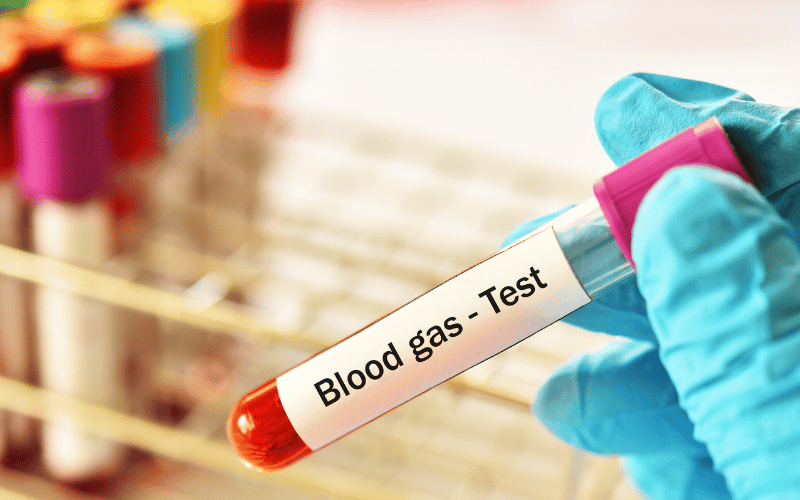Fact 10: It Alters Blood Gas Levels

Breathing is fundamentally about gas exchange – taking in oxygen and expelling carbon dioxide. And the way we breathe, through the mouth or nose, can profoundly influence this delicate balance.
Nasal breathing ensures a slower, deeper breath, optimizing the oxygen-carbon dioxide exchange. The nose also produces nitric oxide, a molecule that enhances the lung’s capacity to absorb oxygen. This ensures that the blood is adequately oxygenated, supporting all bodily functions.
Mouth breathing, however, tends to be more rapid and shallow. This can lead to reduced carbon dioxide levels in the blood, a condition known as hypocapnia. While carbon dioxide is often deemed a waste product, it’s essential for the efficient release of oxygen from hemoglobin, the molecule that carries oxygen in our blood.
A reduction in carbon dioxide levels can constrict blood vessels, limiting oxygen delivery to tissues, including the brain. This can manifest as dizziness, shortness of breath, and in severe cases, fainting. (10)